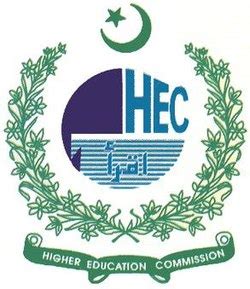The Role of Poverty, Food Security, and Rapid Population Growth on Human Development in Pakistan
DOI:
https://doi.org/10.51732/njssh.v8i3.155Keywords:
Food insecurity, Human development, Population Growth, Poverty, Autoregressive distributed lags, PakistanAbstract
This study examines the relationships among poverty, food security, rapid population growth, and human development in Pakistan over 1990-2018 to achieve the targets of Sustainable Development Goals (SDGs) 1: No poverty and 2: Zero Hunger. The study applies time series based econometric approaches, which have the ability to incorporate regime shifts in the estimation process. The Zivot and Andrews unit root test is supplied for first-order integration, Bound, and Gregory Hansen cointegration tests to support the cointegration relationship among the variables. Similarly, the results obtained from autoregressive distributed lags (ARDL) stated that food security and income growth simultaneously increase human development in Pakistan. In contrast, the role of rapid population growth is negatively affecting human development in the country. The results from fully modified ordinary least squares (FMOLS) and canonical cointegrating regression (CCR) are simultaneously supporting the results of ARDL. The estimates of Granger causality revealed that income is unilaterally, and population growth is bi-directionally, causing human development in Pakistan. Similarly, the causality from human development to food security is also unidirectional. Finally, the study informs policymakers to devise effective policy guidelines for achieving the targets of SDGs 1 and 2 for Pakistan.








